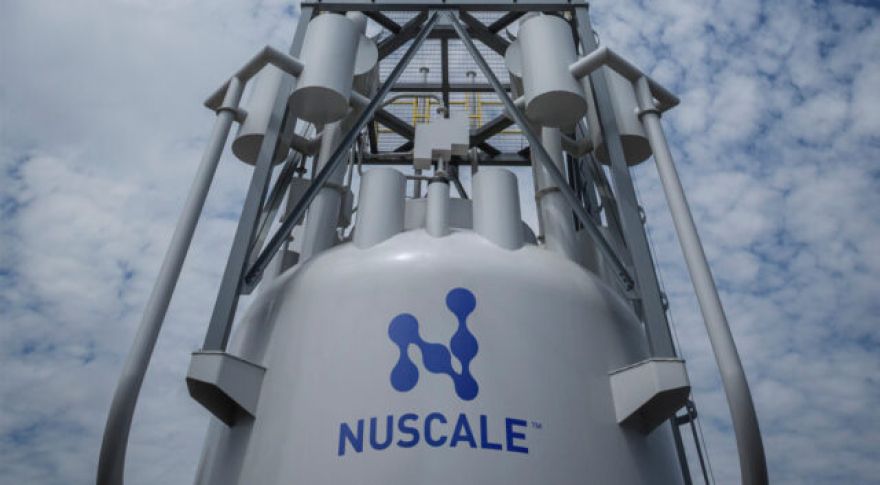
Since 2016, engineering firm NuScale has been working toward getting approval for a first-of-its-kind nuclear reactor, and late last week, the Nuclear Regulatory Commission (NRC) gave it the green light. The company’s pint-sized nuclear reactor has numerous safety benefits over larger reactors, and the small size makes it possible to build them at a centralized facility before shipping them to their final destination. Nuclear power seems to flip between savior and boogeyman every few years. As climate change escalates due to the use of fossil fuels, nuclear is seen as a way to reduce carbon emissions while maintaining high electricity generation.
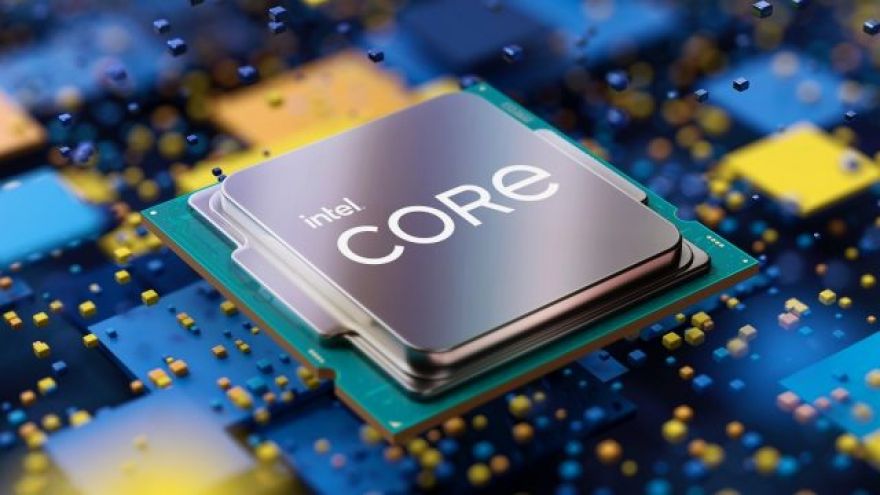
In case you haven’t heard, Intel had a pretty rough second quarter. Its revenue was down 22 percent year-over-year, and overall, it was the worst quarter financially for Intel since 1999. “We do think we’re on the bottom in terms of revenue,” CFO David Zinsner said on the earnings call. One way Intel is looking to rebound from this predicament is to raise its prices in the fourth quarter, confirming the previously rumor. Despite the lousy results, Zinsner says everything is about to turn around, thanks to a solid lineup of products and the price increases. “[I] think we’re kind of operating with wind at our sails in terms of product offerings in all of our businesses,” Zinsner said on the call.
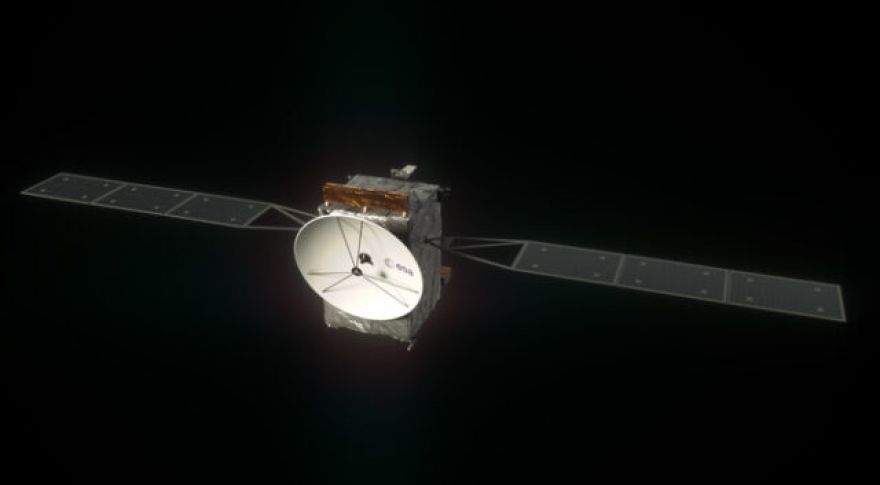
Venus is considered Earth’s sister planet because they’re about the same size and have similar compositions. That’s where the similarities end, though. Once scientists got a close-up look at Venus, they were greeted with a blistering hot hellscape with clouds of sulfuric acid. The European Space Agency (ESA) is planning a new mission to Venus, where its EnVision probe could conduct detailed science that has never been possible before. First, engineers have to figure out how to keep the spacecraft from blowing itself to bits as it descends into the planet’s ferocious atmosphere. The ESA of EnVision last year, and in recent days, it provided an update on the design and construction of the probe.
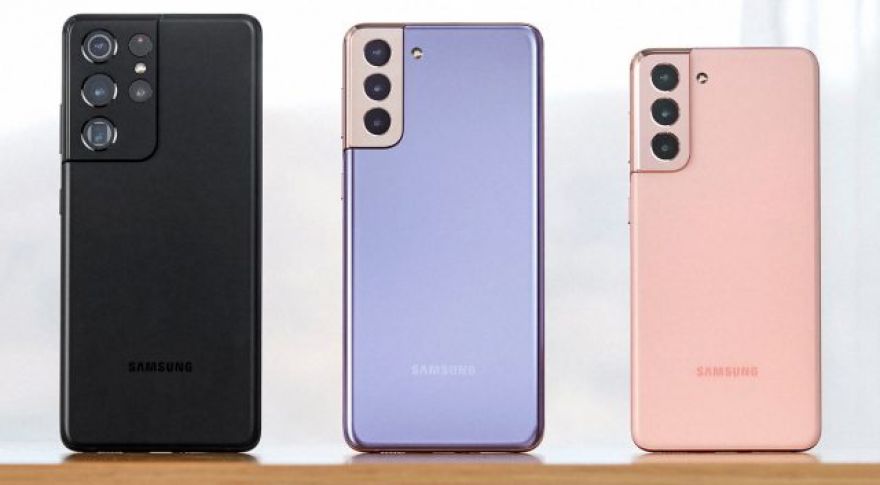
No one likes to deal with a busted phone, but deleting all your personal data before you have it patched up makes matters even worse. Samsung has added a new feature to some of its phones that could alleviate this headache. The new Repair Mode will keep your private data private, no matter who’s going to be tinkering with your phone in the repair shop. If you’ve ever needed to have your phone repaired, you might have been advised to reset it or remove your secure lock. Technicians often need access to the phone’s software to complete or test a fix, and you don’t want to leave your data accessible if you can avoid it.
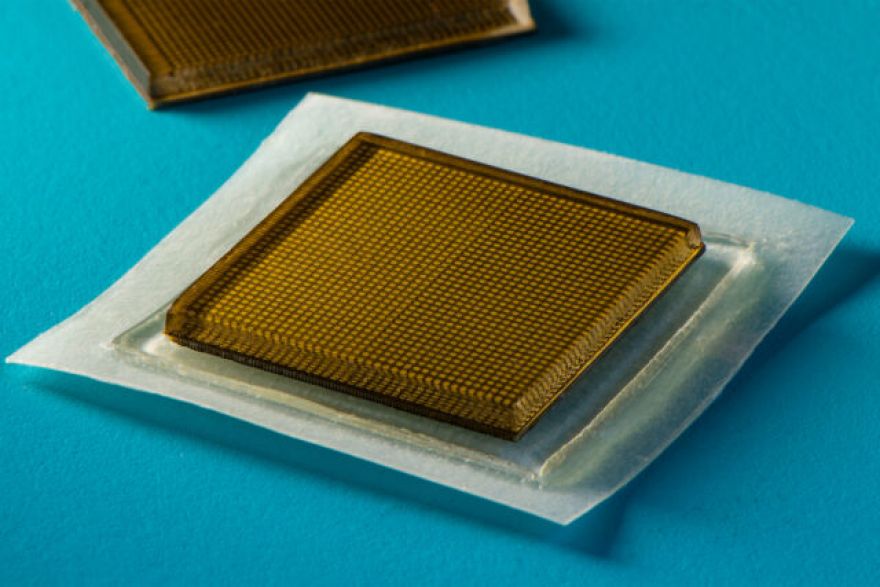
(Photo: Felice Frankel/MIT)What if you could monitor a serious health concern by purchasing a box of stickers from your local pharmacy, then wearing those stickers on your body for up to two days at a time? That’s what a group of engineers at MIT asked themselves as they developed wearable ultrasound devices the size of a postage stamp. At two centimeters across and three millimeters thick, the tiny ultrasound can be worn for up to 48 hours. They adhere to the body using a sort of elastomer sandwich; while one layer clings to the skin, the other attaches to an array of transducers MIT custom-designed for the project.
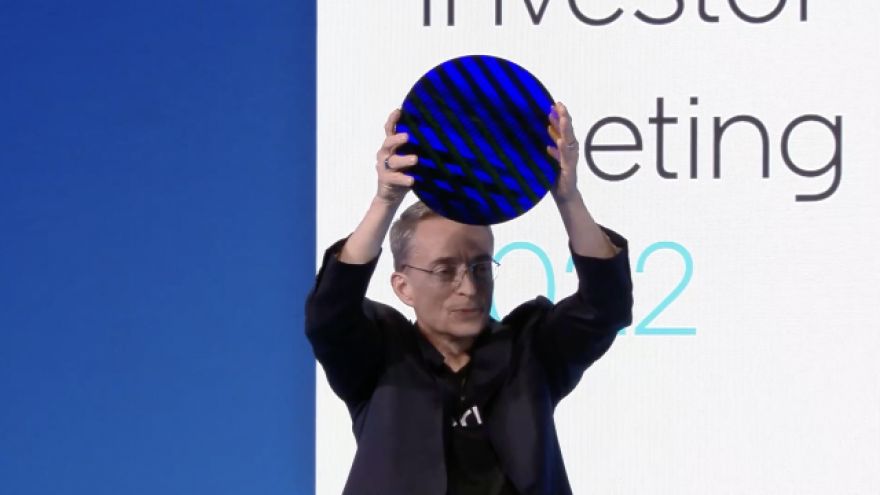
After years of being stuck in legislative gridlock, the CHIPS act has finally passed both the House and the Senate. It will now proceed to President Biden’s desk, where it will be signed immediately. The passage of the bill by the House marks the end of a tumultuous legislative journey for the bill, which will provide billions in subsidies for US-based semiconductor manufacturing. The bill passed 243-187, with every Democrat and twenty-four Republicans voting for the bill. The full name of is the . It provides more than $52 billion to bolster US silicon manufacturing efforts, as well as billions more in tax credits for companies investing in similar efforts.
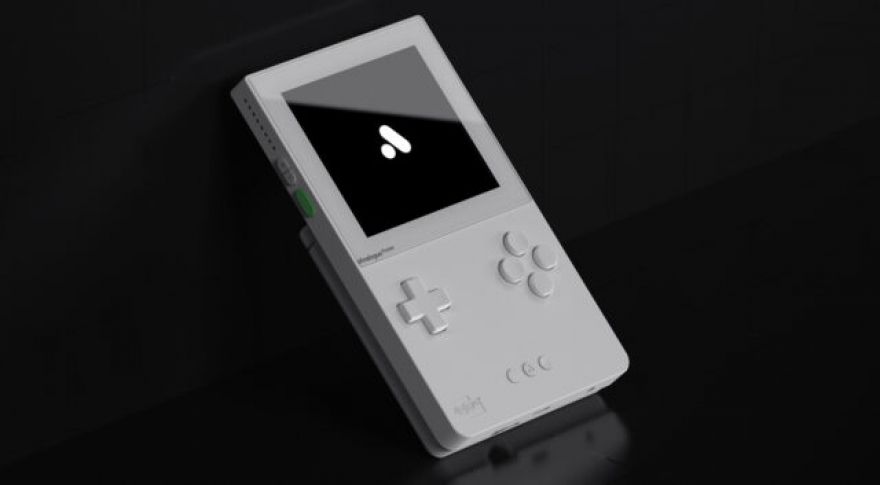
The world’s oldest video game is now available on a sought-after handheld game machine — and no, I don’t mean the Steam Deck. Developers have released the iconic 1962 game Spacewar! on the . This Game Boy-style device is built from the ground up to preserve the games of yesteryear, but it does have one thing in common with the Steam Deck: There’s a very long wait to get your hands on one. In 1962, computer scientists at MIT, including Martin Graetz and Steve Russell, created Spacewar! on their brand new DEC PDP-1 minicomputer. This machine cost $120,000, the equivalent of more than a million dollars today.

Most of the Android malware scares we hear about originate in shady third-party marketplaces, but that doesn’t mean there’s nothing suspicious in the Play Store. Google has to make the apps safer and less annoying for users. In fact, one of the first moves will limit how long intrusive video ads can be. The first change won’t be immediately apparent to users, but it could have a positive impact on your battery. On July 31, Google will begin enforcing stricter limits on the use of exact alarms. An “alarm” in this context is a trigger that wakes up your device so it can perform a task.
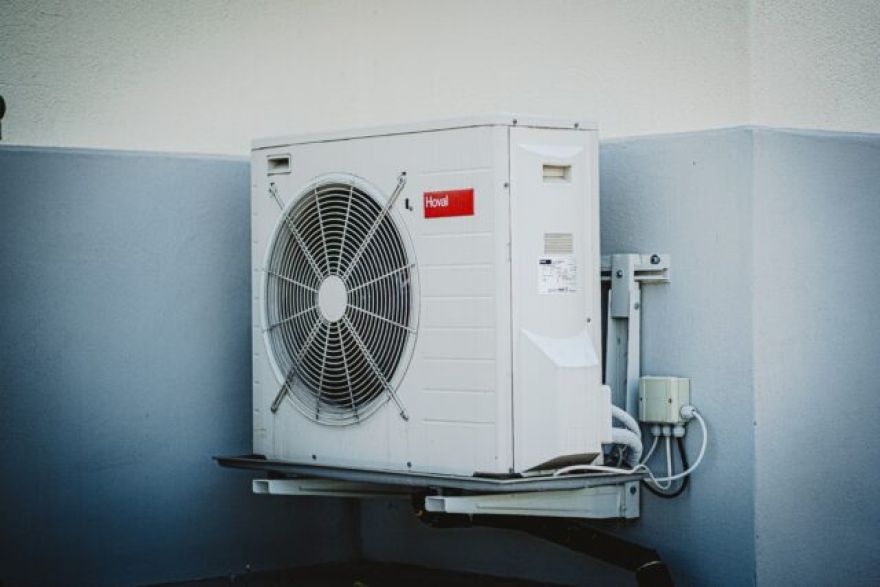
(Photo: Carlos Lindner/Unsplash)A startup from Florida has devised a new method of air conditioning said to carry less of a negative burden on the environment. Blue Frontier—which just received $20 million from Breakthrough Energy Ventures, Bill Gates’ clean tech investment fund—says its technology cools the air using 60 percent less energy than conventional air conditioning systems. The way we currently cool our homes, schools, and businesses reportedly has a heavier impact on climate change than one would assume. Some researchers air conditioning could be responsible for up to four percent of the world’s annual carbon dioxide (CO2) emissions, with that figure expected to rise with global temperatures.









